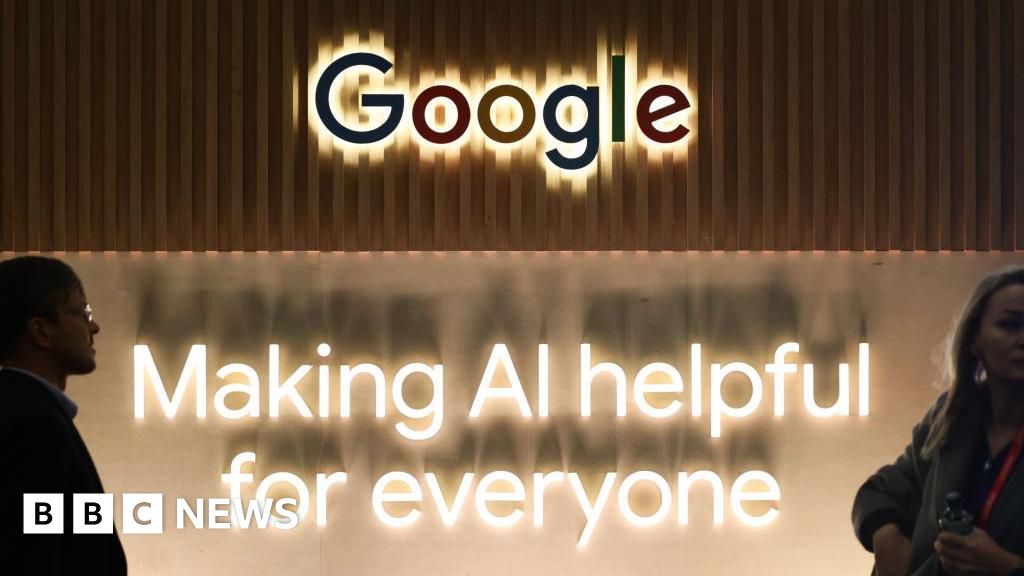- Myths of Technology
- Posts
- How LLMs are Taking Away Humanity's Biggest Superpower
How LLMs are Taking Away Humanity's Biggest Superpower
Exploring the history of language, impact of words, and the need for a new approach to building LLMs
Once upon a time, there was a boy who used to graze sheep every day. He would take the sheep to the mountain near the village. One day, he decided to pull a prank on the villagers by screaming, "Wolf! Wolf! Somebody help, there's a wolf!". Hearing the screams, the villagers came running to help. The boy found it fun. It gave him a sense of power that he could make people run just by screaming a few words. So, he started pranking the villagers regularly.
One day, a real wolf came and started eating the sheep. The boy screamed. But this time, no one came. The villagers thought it was another prank by the boy. They were tired of lies. So nobody paid attention. And the boy lost all his sheep.
Whenever someone hears this, they often think that the moral of the story is to not lie. But most overlook a deeper message.
The power of words!
Language is an alchemy. Poets and writers are alchemists. And everyone who reads is just a poor victim of this magic.
My boyfriend and I were chatting yesterday about a big milestone. And it turned into a very emotional moment for us. It’s a story for another day but this metaphysical closeness with another human left me pondering the whole experience of writing words.
While history suggests that humans communicated through gestures, sounds, drawings, etc. before language was invented, it also highlights how unequipped they were when it came to expressing love.
You could cuddle or make love at best, but what about telling the other person how you feel? Was it even possible for early humans to feel seen, heard, understood, and appreciated by their loved ones to such a depth?
I believe not!
Words are the greatest invention of humanity. I would put it next to divinity. It led to the preservation of knowledge, cooperation among humans, self-expression, and self-discovery. More than that, it birthed new ideas!
Consider the ancient Egyptians, who developed hieroglyphics to record their history, beliefs, and innovations. This system of writing allowed them to preserve their knowledge for millennia, giving us insights into how advanced their civilization was long after it had fallen. Or think of the Greek philosophers, whose words still shape our understanding of ethics, politics, and the nature of reality itself.

Ancient Egyptian hieroglyphs carved on the stone wall in the Karnak Temple, Luxor, Egypt. These texts used unusual sign combinations and rare glyphs, showing how Egyptians explored language's power to both reveal and conceal meaning. (Courtesy: everypixel)
However, language also has created a new form of violence. A late mentor once introduced me to this idea. In the past, physical violence was prevalent. All tribes attacked each other. Fights broke out easily. People died in wars. But today, with the power dynamics evolving, and more deterrence mechanisms, physical violence often turns into violence of words and ideas.
We see this in the propaganda that fueled the rise of totalitarian regimes in the 20th century. Words, carefully crafted and disseminated, led to the dehumanization of entire groups of people. The Holocaust, one of the darkest chapters in human history, began with words - with speeches, pamphlets, and radio broadcasts that painted Jewish people as an "other" to be feared and hated.
Words today shape our society, be it the Constitutions, Protests and Rallies, Comedy, or Romance. And most importantly, with the advanced cognitive capabilities where we think using words, our internal dialogue and self-image are shaped by the choice of words.

The United States Constitution draws heavily from ancient Greek philosophy, incorporating concepts like separation of powers and representative democracy. The Founding Fathers, especially Thomas Jefferson and James Madison, were well-versed in classical Greek philosophy and drew inspiration it.
The power of words in shaping self-image is evident in the rise of positive psychology and cognitive behavioral therapy. They recognize that the way we talk to ourselves impacts our mental health. A person who constantly tells themselves "I'm a failure" will likely struggle more than someone who says "I'm learning and growing."
So if the words are so sacred, why are we giving away that superpower to machines?
Why are we training more LLMs than ever before?
Could it be that we subconsciously realize the power of words but are too naive to attempt to increase that power?
Could it be that our approach to quantity over intention is completely misled?
If goodness is the intention of all the words, what happens when unintended words start creating counterproductive effects?
We've already seen it with the problem of AI hallucinations. So why are we still obsessed with lies over the truth?
The issue of AI hallucinations is particularly concerning. A striking example of this occurred in February 2023, during the first public demo of Google's Bard AI. Bard confidently stated that the James Webb Space Telescope "took the very first pictures of a planet outside of our own solar system." Whereas, the first such photo was actually taken 16 years before the JWST was even launched.
Google's stock plummeted 7.7% the next day, wiping out $100 billion in market value.
Another striking example of AI hallucinations occurred in May 2024 with Google's new "AI Overviews" search feature. When searching for ways to make cheese stick better to pizza, the AI suggested using "non-toxic glue." In another instance, it claimed that geologists recommend humans eat one rock per day.
Given that Google's search engine accounts for over 90% of the global market, according to Statcounter, such AI hallucinations will have far-reaching consequences.
AI hallucinations are also a fundamental challenge to our relationship with truth and information. In a world where AI can generate convincing fake news articles or deep fake videos, how do you maintain a grip over what’s real?
The obsession with LLMs seems to echo humanity's long-standing fascination with the power of words. From ancient creation myths where gods speak the world into existence, to the biblical story of the Tower of Babel where language diversity is used to confound human ambition, we've always recognized the profound impact of language.

"The Tower of Babel" by Lucas van Valckenborch (1594) depicting the biblical story of human ambition and linguistic diversity. Valckenborch cleverly inserted contemporary 16th-century Flemish architecture into this ancient Middle Eastern scene, blending biblical narrative with his own cultural context. Things haven't changed much today. (Courtesy: wikipedia.org)
But in our rush to create ever more sophisticated language models, are we neglecting the human element? Are we forgetting that words are not just data points to be processed, but vessels of emotion, intention, and shared understanding?
The quantity-over-quality approach in AI mirrors a broader trend in our information-saturated age. We're drowning in words, social media posts, news articles, emails, and text messages. But are we really communicating more effectively? Are we using language to foster deeper connections, or are we just adding to the noise?
The boy who cried wolf learned the hard way about the consequences of misusing words. But do we also need to?
In the end, perhaps the greatest challenge and opportunity of AI language models is not just to make them more accurate or efficient, but to imbue them with the same care, intention, and respect through words that have guided human communication at its best throughout history.
Only then there’s a point in having machines regurgitate words!


Reply